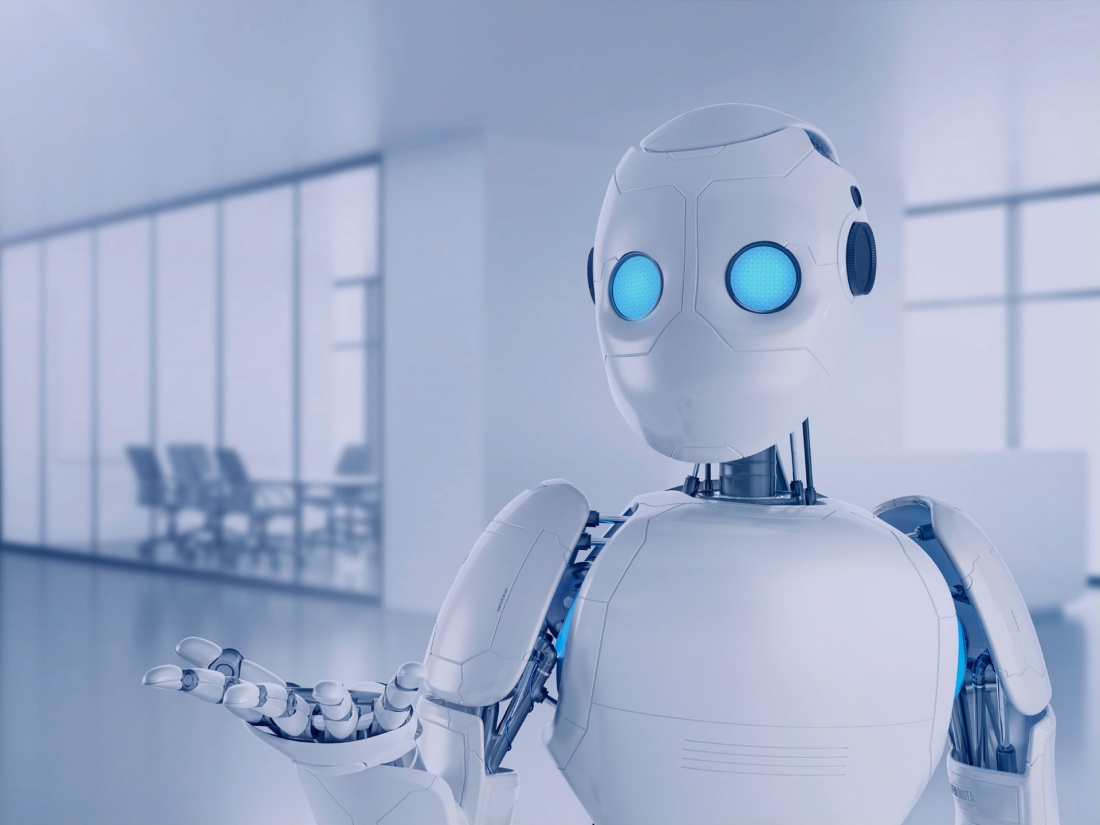The future of corporate security lies in artificial intelligence. In fact, for better or worse, algorithms will turn out to be crucial to the protection of corporate data. These two faces of the same coin will be nothing less than malware capable of mimicking human behavior and, on the flip side, solutions that can predict which threats will endanger your company’s networks.
To date, there are already algorithms capable of imitating writing styles, and this is precisely the key to the future of cyberattacks. Just imagine, for example, an employee who receives an email supposedly sent by a superior asking him to make a money transfer. The sender doesn’t arouse suspicion because the ill-intentioned algorithm has very believably mimic the superior in question’s writing style. This is a situation we are already seeing today.
According to the FBI, this sort of attack is not science fiction. There are already plenty of businesses that have fallen prey to these attacks, which have entailed losses of $23 million. As artificial intelligence makes headway and gains the ability to analyze more and more data of the person it plans to impersonate, so-called CEO fraud will become increasingly sophisticated and difficult to combat.
The Counterattack
However, all is not lost. As difficult as it may seem to counter these methods, businesses should take comfort in the upsides of artificial intelligence.
Indeed, the cybersecurity systems of tomorrow will come by way of algorithms that can prophesize future threats. To do this, they must first identify corporate system vulnerabilities that could give way to malicious software. The goal is for A.I. to be able to detect anomalies on company networks before it is too late.
For better or worse, companies will need to keep up with advances in A.I. to keep their confidential data confidential. It will be both the problem and the solution all at once. A new starting signal in the cybersecurity race that calls for the adequate protection of your company.
